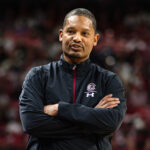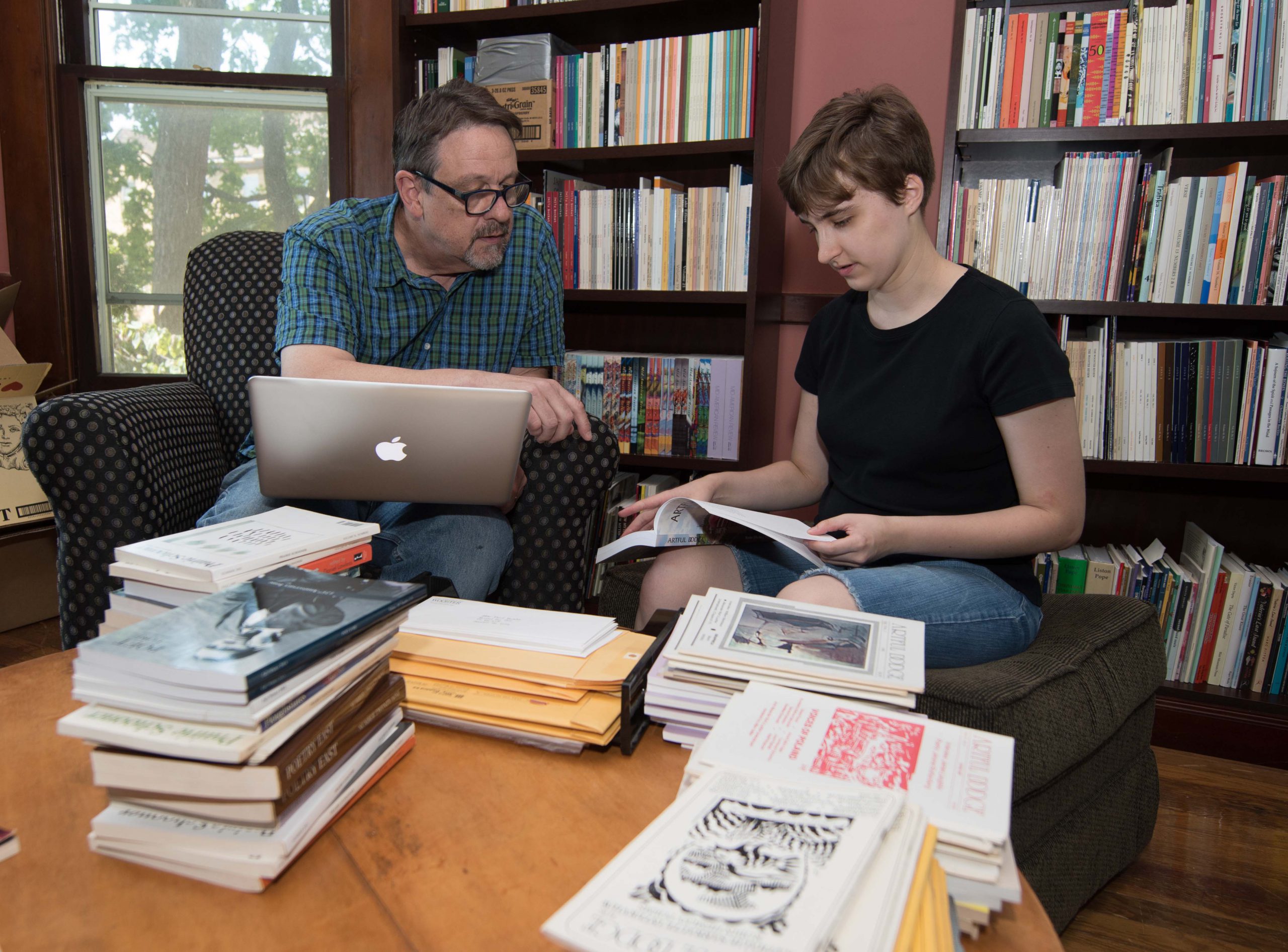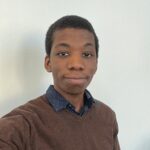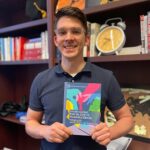
Opening Windows to the World of Writing

One of the greatest strengths—and weakness—that Professor Daniel Bourne has always recognized in himself is “an interest in everything.” The Flo Kurtz Gault Endowed Chair in English is in his 30th year of teaching at Wooster, a place, he’s found, that has galvanized his passion for learning across disciplines through his interactions with students and faculty.
Teaching courses at Wooster in everything from nature and environmental writing to the literature of the Cold War, Bourne says he’s always had disparate interests, and he enjoys interacting with students with multiple perspectives. Working with students on Independent Study has been perhaps the best way to feed this appetite. “The pleasure of working with young writers, young minds and really going into an in-depth exploration with them has been absolutely marvelous,” he said. “Through students’ own interests and especially double majors, I’ve been able to feed the interdisciplinary need in myself,” he said. “When students get into their I.S. experience, they’re often exposed not just to new information but also to new rooms inside themselves that they didn’t know. Seeing that happen is one of the great aspects of teaching here.”
Bourne’s own writing includes the collections of poetry The Household Gods and Where No One Spoke the Language. His poems and translations from Polish have appeared in such publications as FIELD, American Poetry Review, Colorado Review, Salmagundi, Tar River Poetry, Shenandoah, Partisan Review, and others.
As students complete their I.S. research and move on, Bourne enjoys seeing them take the next steps as they become permanent writers through various paths. With his students, he finds ways to open their eyes to the “world of writing,” including a field trip for his nature and environmental writing students to meet David Kline, a local Amish farmer and a nationally-known nature writer. “It can be a magical meeting for students and a window into a way that someone can be a writer. There’s a temptation to look at writing as being detached from the world around. When writing, David may separate himself from his family, but his writing is very much connected to what he’s doing, and that’s an important possible pathway for students to see.”
Another window Bourne has been able to open for students looks at the literary publishing field through the Artful Dodge, a literary magazine Bourne started at age 24 that features fiction, poetry, and other work with a strong sense of place, for which Bourne has interviewed such writers as Jorge Luis Borges, Czeslaw Milosz, Sharon Olds, and Rita Dove. He continues to serve as editor and chief along with senior editors across the country, and Wooster students have an advisory role that gives them a unique experience in publishing as undergrads. “Through working on the Artful Dodge, students are really getting a sense of what a literary journal does,” he said. “It’s a conduit for many students to get them into the publishing world.”
Holly Engel ’21, a sophomore with an interest in publishing and editing who is assisting Bourne with the publication said, “This position has really opened my eyes more to the field. It’s fun delving critically into writing with someone else. We really scrutinize a piece and provide reasons why it’s just ‘good’ and not ‘amazing,’ for example. Writing is a lot harder than people make it out to be because one or two little details can sometimes account for that difference.”
[A version of this story appeared in Wooster magazine.]
Posted in Faculty, News on March 12, 2019.
Related Posts
Related Areas of Study
English
Students benefit from the small classes and access to faculty members in the small private liberal arts setting at Wooster.
Major Minor

